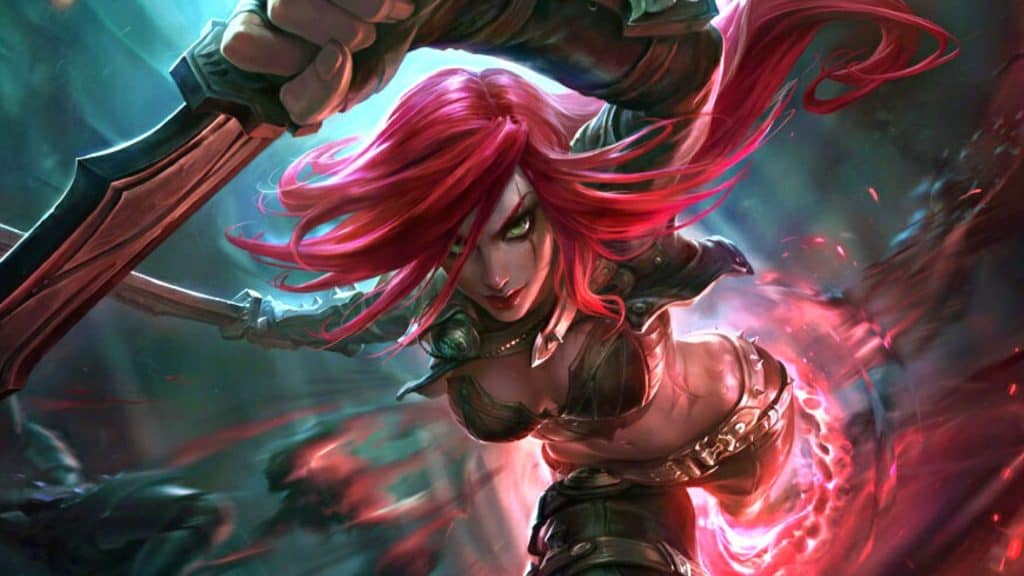Esports coaching is changing the way players compete. In games like League of Legends and Counter-Strike, it can help squads prepare strategies and stay focused, but in the fighting game community (FGC), this is not as common.
These athletes usually train alone, but they can learn a lot from combat sports like boxing and mixed martial arts (MMA). Being up to date on this can help you place smarter wagers while following 20Bet news, so stay tuned to earn bigger prizes!
Why Coaching is Important
Coaching in esports is more than just teaching button presses. Good guidance helps parties:
- Improve their strategies and reactions.
- Study their opponents and adjust their style.
- Stay calm and focused under pressure.
How Fighting Games Train Today
Unlike team esports, fighting games have a history of self-training, so improvement is measured by:
- Watching replays of matches.
- Practicing combos and movement.
- Playing against strong opponents.
What It Can Learn from Combat Sports
1. Having a Training Plan
Boxers and MMA fighters follow structured training routines, so FGCers can benefit from this by:
- Practicing combos and execution in short, focused sessions.
- Watching replays to find mistakes.
- Developing strategies for different opponents.
2. Coaches See What Players Miss
Coaches usually watch a person’s movements and point out flaws, which helps by:
- Identifying bad habits a player may not notice.
- Advising on how to counter different playstyles.
- Keeping participants passionate and assured.
3. Mental and Physical Strength Matter
Fighting games may not require physical strength, but mental endurance is key. Parties can improve by:
- Managing stress with breathing exercises or meditation.
- Taking breaks to avoid burnout.
- Staying active to maintain focus and reaction time.
The Role of Coaching in the Future
As the niche grows, getting trained by an expert will likely become more popular. Here’s how:
- More teams hiring: Some pros already have trainers, and this trend will continue.
- Online platforms: Websites like Metafy allow you to hire help for one-on-one lessons.
- In-game tools: Future games may include built-in personal assistance features to facilitate improvement.
How to Find a Coach
If you’re looking to improve, you can:
- Join online communities and ask for advice.
- Watch the pros and study their strategies.
- Try an online service for personalized help.
New Strategies
1. Frame Data and Hitbox Mastery
In combat sports, knowing an opponent’s reach and reaction time is crucial, and the same applies to fighting. Trainers can help one understand frame data and hitbox priority to:
- Optimize move selection for better punishes.
- Avoid unsafe attacks and improve defense.
- Learn character-specific interactions to gain an edge.
2. Developing Tournament Mindsets
Fighting game tournaments require more than skill, they demand mental toughness. For high-pressure situations, esports coaches can do the same by:
- Simulating match conditions in practice.
- Teaching how to handle stress and reset after losses.
- Encouraging visualization techniques to improve focus.
3. Analyzing Opponents in Real-Time
FGC coaching can train you to:
- Recognize patterns in an opponent’s movements quickly.
- Adjust playstyle mid-match for counterplay.
- Use data-driven analysis to exploit weaknesses.
The Science of Reaction Time
Reaction speed is one of the most crucial aspects of competing, so someone’s ability to respond to something in milliseconds can be the difference between winning and losing. In combat sports, fighters train reflexes through drills, but how can FGCers improve their reaction time?
Training Methods
Targeting training could mean:
- Visual Reaction Training: Using reaction-based minigames or tools like reaction speed tests to improve response time.
- Muscle Memory Drills: Practicing key defensive motions, like punishing unsafe attacks, until they become automatic.
- Reading Intentions: Recognizing animation cues or movement habits to predict attacks instead of purely reacting.
A coach can assess reaction habits and suggest:
- Specific drills to improve reflexes.
- Adjustments in defensive playstyle to minimize reaction reliance.
- Methods to anticipate moves rather than react late.
Optimizing this is about training the brain to predict and respond efficiently.
Stamina and Endurance
FG tournaments often require parties to compete in back-to-back matches for hours. Mental and physical endurance play a significant role in maintaining high performance throughout a long event, just as in a physical brawl.
How To Maintain Stamina
Combat sports athletes prepare for fights lasting multiple rounds by:
- Building cardiovascular endurance through running and high-intensity training.
- Developing focus techniques to stay sharp when fatigued.
- Maintaining a consistent nutrition plan to prevent energy crashes.
Esports and Cognitive Fatigue
In esports, decision-making speed can also slow down due to exhaustion. A controlled regimen can help maintain endurance by:
- Implementing scheduled breaks to prevent burnout.
- Encouraging proper sleep and hydration before competitions.
- Practicing concentration, such as meditation or controlled breathing.
The Psychology
Mind games are a core component of fighting games, just as feints and misdirection play a role in combat sports. Skilled players can trick their opponents into making mistakes through subtle psychological tactics.
Common Strategies:
- Conditioning Opponents: Repeating a move or behavior to bait a specific reaction, then punishing it.
- Unpredictability: Using erratic movement or attack timing to confuse opponents.
- Exploiting Habits: Observing enemy tendencies and using them against them.
Training improves this by:
- Teaching methods to break predictable habits.
- Helping actors recognize and counter certain tactics.
- Instilling confidence and mental resilience to prevent rivals from exploiting nerves.

Hi! I’m Bryan, and I’m a passionate & expert writer with more than five years of experience. I have written about various topics such as product descriptions, travel, cryptocurrencies, and online gaming in my writing journey.






